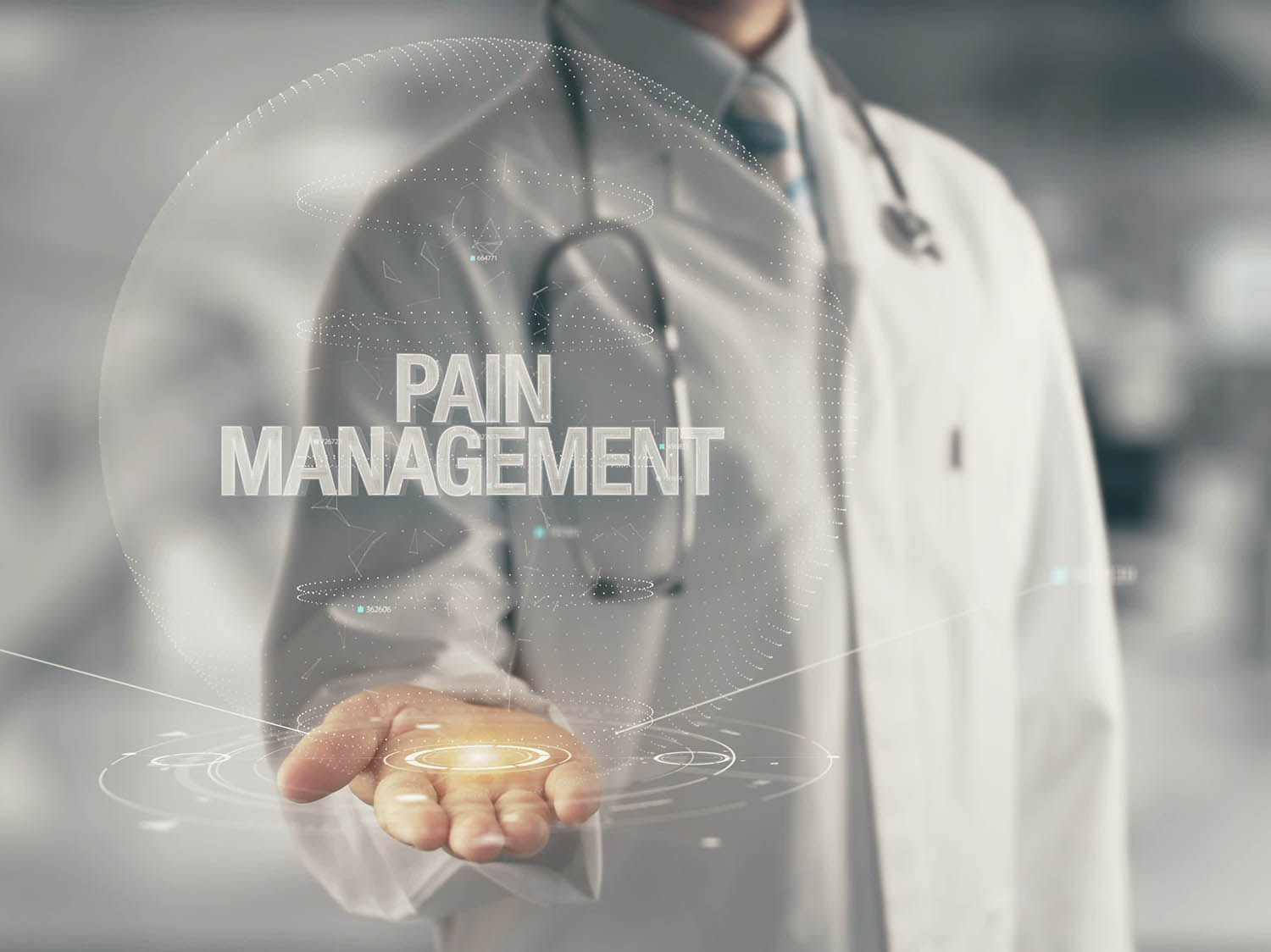Our Guide to Managing Chronic Pain
Psychological Strategies from The Comprehensive Pain Institute in Bedford & Benbrook, TX
For those familiar with the providers and pain management specialists at The Comprehensive Pain Institute, we consistently emphasize the importance of a holistic approach to managing chronic pain. Adopting a ‘toolbox strategy’ is essential: a diverse set of coping mechanisms to help you manage pain, stress, and emotional distress. When one method falls short, another can fill the void. It’s crucial to continually adapt and innovate to confront pain challenges effectively. Remember, having just one tool – like only having a hammer – might lead to seeing every issue as a nail.
Here is a top 10 list of psychological strategies to enhance the lives of those battling chronic pain. While this isn’t an exhaustive list, it does provide valuable insights.

Psychological Strategies for Chronic Pain
#1. LEAN ON YOUR MEDICAL TEAM: Building trust with your physician and the pain management team is fundamental. They’re your partners in the journey towards a better life. Engage actively in your treatment process, understand the medications you’re prescribed, and always be proactive in seeking information and voicing concerns.
#2. STAY HYDRATED: Proper hydration can alleviate symptoms of certain chronic conditions. Rather than sugary drinks or caffeine, opt for water. Adjust your intake depending on your body’s needs, especially during hot weather or illness.
#3. EAT HEALTHY: Opt for a balanced diet rich in whole grains, fresh produce, and low-fat proteins. Foods like leafy greens, omega-3-rich foods, asparagus, low-sugar fruits, and soy products can help reduce inflammation.
#4. ANTI-INFLAMMATORY SPICES: Turmeric, paprika, ginger, and garlic are some spices that possess anti-inflammatory properties. Incorporate them into your diet for potential pain relief.
#5. MANAGE INFLAMMATION: Avoid foods that might exacerbate inflammation, such as refined sugars, dairy, and high-fat red meat. Aim for natural, less processed foods.
#6. BREATHE & RELAX: Techniques like deep breathing, biofeedback, and meditation can help manage stress and pain. Yoga, in particular, offers strength, flexibility, and relaxation benefits.
#7. DISTRACT & ENGAGE: Keep yourself engaged in activities you love. Distractions can often act as natural pain relievers.
#8. PRIORITIZE POSTURE: Good posture can significantly alleviate pain. Whether you’re standing, sitting, or lying down, maintain a posture that supports your back and neck.
#9. KEEP MOVING: Regular, mild exercise releases endorphins, which can combat pain. However, always consult your doctor before starting any exercise regimen.
#10. SEEK SUPPORT: Share your pain experiences with friends, family, or support groups. Talking with a professional or those undergoing similar experiences can offer solace and guidance.
Always remember—managing chronic pain is a collective effort that involves medical guidance, personal diligence, and the support of loved ones. At The Comprehensive Pain Institute with locations in Bedford & Benbrook, TX, we’re here to aid and guide you every step of the way.
Website by LR Design & Marketing
